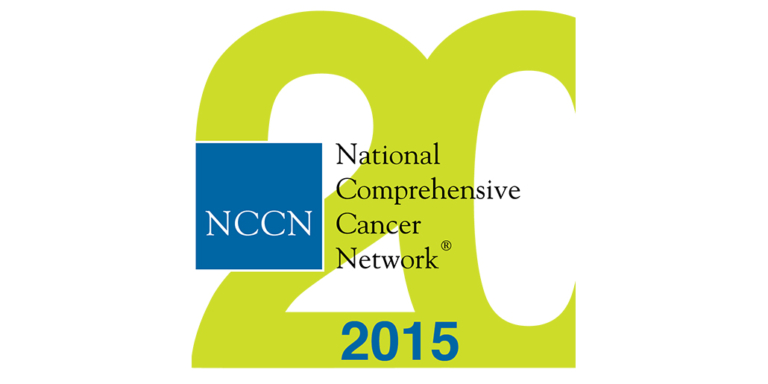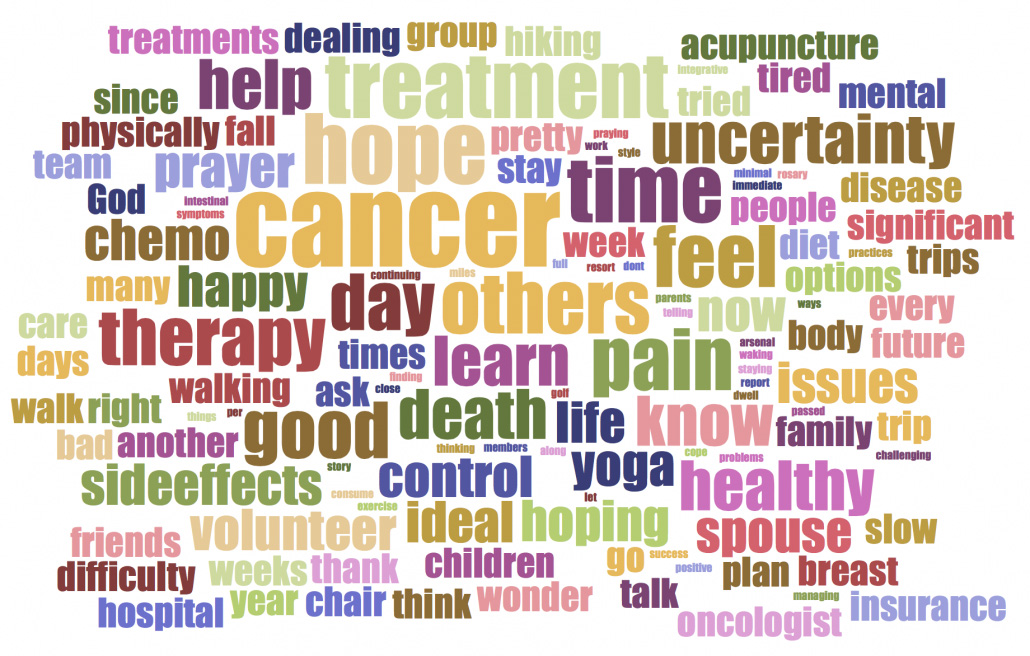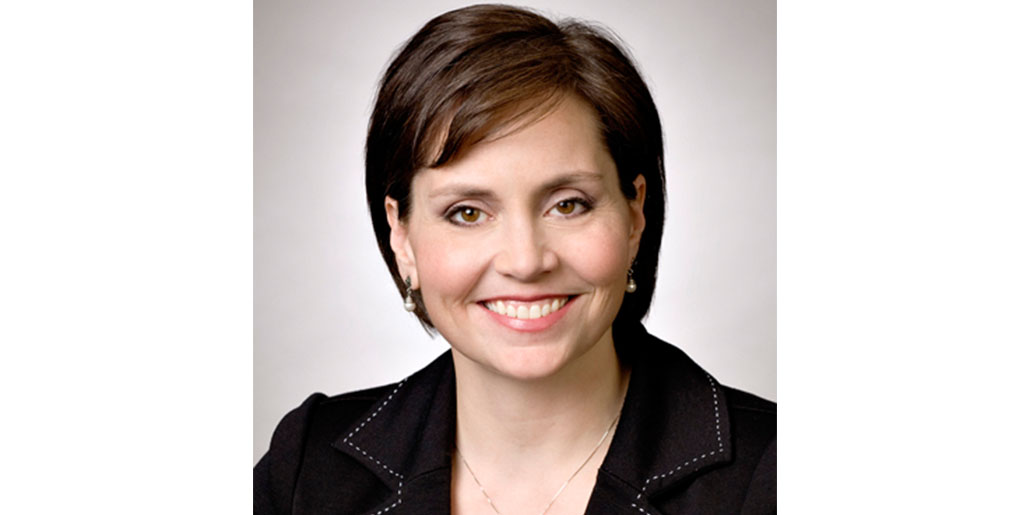
WCOE: ASCO Cancer Survivorship Symposium, Honoring Ellen Stovall at #SurvOnc16
What Caught Our Eye (WCOE) Each week, we recap the cancer policy articles, studies, and stories that caught our attention. ASCO Announces Creation of Ellen L. Stovall Award @canceradvocacy https://t.co/fRA0EncZHj #SurvOnc16— NCCS - National Coalition for Cancer Survivorship (@CancerAdvocacy) January 15, 2016 Mary McCabe, RN, MA ends presentation with future ...

Guest Post by Elizabeth J. Clark: Self-Advocacy is Critical to Quality Cancer Care
This post is part of our 20 Years Later blog series which examines progress in advancing the principles in the 1995 NCCS publication Imperatives for Quality Cancer Care: Access, Advocacy, Action, and Accountability (Imperatives). The tenth principle states that “The provision of psychosocial services must be safeguarded and promoted. Persons diagnosed with cancer ...

NCCS to Honor Dr. Richard Pazdur and Ellen Goodman at “Focus on the Care” Reception
Silver Spring, MD — The National Coalition for Cancer Survivorship will host a reception to honor Dr. Richard Pazdur and Ellen Goodman on Wednesday, October 21st in Washington, DC. Survivors, friends, advocates, health providers, researchers, policymakers, and members of the press are invited to attend as we celebrate these individuals ...

Video Post: Dr. Bob Carlson and Joan McClure Discuss the National Comprehensive Cancer Network Guidelines
The National Comprehensive Cancer Network (NCCN) is a non-profit organization, created by an alliance of 26 leading cancer centers in the United States. At the National Coalition for Cancer Survivorship's 2015 Spring Cancer Policy Roundtable, Dr. Bob Carlson and Joan McClure of NCCN sat down with us to talk about ...

WCOE: Doctors as Friends, Cancer’s Definitive Effects, Therapy as Art, and More
What Caught Our Eye (WCOE) Each week, we recap the cancer policy articles, studies, and stories that caught our attention. Living With Cancer: My Doctor, My Friend https://t.co/w9qEXXXLka via @nytimeswell— NCCS - National Coalition for Cancer Survivorship (@CancerAdvocacy) October 5, 2015 Cancer: a Defining Experience? https://t.co/vkq8SUCDfV via @usnews— NCCS - ...

Metastatic Breast Cancer: A Student’s Perspective
Recently I had the privilege of attending “A Journey of Courage and Hope: The Johns Hopkins Metastatic Breast Cancer Retreat for Couples.” Facilitated by a renowned leader in patient-centered breast cancer care, Lillie Shockney, this unique retreat for patients and their spouses explores the resources to cope physically, financially, and ...

Guest Post by Dr. Patricia Ganz: What Cancer Patients and Their Families Can Do to Coordinate Post-Treatment Care
This post is part of our 20 Years Later blog series which examines progress in advancing the principles in the 1995 NCCS publication Imperatives for Quality Cancer Care: Access, Advocacy, Action, and Accountability (Imperatives), this month we will look at the ninth principle of Imperatives: “The responsibility for appropriate long-term medical care ...

Twenty Years Later Blog Series: Introducing the Ninth Principle of the Imperatives for Quality Cancer Care
As part of our 20 Years Later blog series which examines progress in advancing the principles in the 1995 NCCS publication Imperatives for Quality Cancer Care: Access, Advocacy, Action, and Accountability (Imperatives), this month we will look at the ninth principle of Imperatives: “The responsibility for appropriate long-term medical care must ...

WCOE: What Nurses Should Be Aware Of When Caring For Older Patients, The Meaning of Teal Ribbons, Breaking Good and Bad News, and More
What Caught Our Eye (WCOE) Each week, we recap the cancer policy articles, studies, and stories that caught our attention. Christian Nelson, PhD, discusses what nurses should be aware of when caring for an older patient with cancer https://t.co/hN7uj53frj— Oncology Nursing News (@OncNursingNews) September 18, 2015 Living With Cancer: Teal ...

Logistic Toxicity and Administrative Burdens for Cancer Survivors and Caregivers
There are many types of toxicities cancer patients face in their treatment. We hear most about the physical toxicities of treatment – nausea, pain, fatigue, heart damage, etc. Fortunately, the non-physical toxicities are getting more attention by physicians, policymakers, and patient advocates. Dr. Yousuf Zafar (@yzafar) has made the term ...

